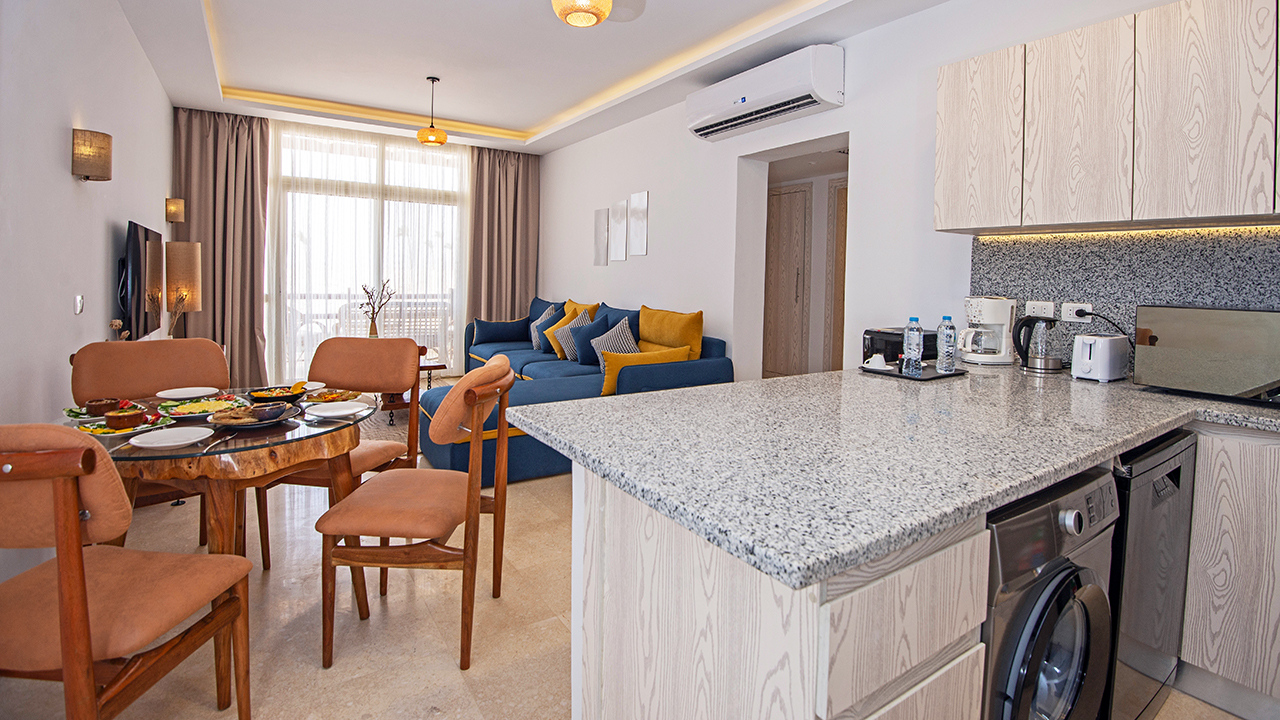In the Spring Budget, Jeremy Hunt announced that the current furnished holiday let rules are being abolished from April 2025. In her October Budget, Rachel Reeves didn’t announce any changes to these plans, so the FHL arrangement will end in April as planned.
The reason to implement this change is to encourage landlords to favour long-term lettings over short-term vacation rentals.
There is a narrow window of opportunity to review current furnished lettings to take advantage of key tax benefits available to qualifying rentals before the rules are abolished.
Current rules – What qualifies as a furnished holiday let
Where a property is available for let commercially as furnished holiday accommodation for 210 days in a tax year and actually let for at least 105 days in blocks of less than 31 days to the same person, it may qualify as a furnished holiday let.
If you do not let your property for at least 105 days, there are two elections available that may help you reach the occupation threshold:
-
The averaging election – if you have more than one furnished holiday let, you can elect to apply the average rate of occupancy across all the properties rented as furnished holiday lets.
- A period of grace election – if your property reaches the occupancy threshold in some years but not others, you may make an election in a year where the occupancy threshold is not met. If your property does not reach the threshold by the fourth year, after two consecutive period of grace elections, it will no longer qualify as a furnished holiday letting.
Tax advantages of the furnished holiday let regime.
-
Full deduction against income for interest on borrowings.
-
Reliefs from capital gains tax, including business asset disposal relief (taxing gains up to £1 million lifetime limit at 10%), rollover relief and gift hold-over relief.
-
Profits treated as earnings for pension contribution purposes.
- Beneficial capital allowances rules for tax relief on fixtures.
New rules – post April 2025.
From April 2025, owners will see their current tax advantages replaced with some transitional adjustments to deal with capital allowances and unused losses. Furnished holiday lets will be taxed in line with the current tax rules that apply to general residential rental properties and the tax advantages associated with furnished holiday lettings will no longer be available.
It has now been announced that the following transitional rules will apply starting 06 April 2025;
-
FHL businesses will no longer be eligible to claim capital allowances. Instead they will be able to claim ‘replacement of domestic items relief’ like other property businesses. FHL businesses with an existing capital allowances pool will be able to continue claiming writing down allowances on that pool. Any new expenditure incurred on or after 06 April 2025 will need to be treated as in any other property business.
-
According to the current rules loses generated by FHL businesses can be carries forward and utilised against future profits from the same FHL business. From 06 April any FHL business will become part of a persons UK or overseas property business and any losses will be amalgamated together. This will also be the case for any loses generated after repeal.
-
The range of reliefs available to FHL businesses will be reduced so that roll-over relief, business asset disposal relief, gift relief, relief for trading loans and exemptions for disposals by companies with substantial shareholdings will no longer apply. However, any relief previously claimed which is dependant on activity in future years will not be disturbed.
- For business asset disposal relief specifically, where FHL conditions are satisfied in relation to a business that ceased before 06 April 2025, relief may continue to apply to a disposal that occurs within the normal 3 year period following a genuine cessation pre 6 April 25.
- There is also an anti-forestalling rule — this will prevent the obtaining of a tax advantage through the use of unconditional contracts to obtain capital gains relief under the current FHL rules — this rule applies from 6 March 2024.
What can I do?
- If you are planning to make any capital purchases it will be worth doing so before the new rules come into force. By doing this new capital purchases will qualify for Capital Allowances treatment and accelerated tax relief.
- Under the new rules HMRC will automatically assume that ownership and any income received from rental property is split equally between spouses. If this is not the case for you and you do not split income equally then you will need to complete and submit form 17 to HMRC before 06 April 2025. HMRC will only implement any changes to ownership and income shares from the date they receive form 17, changes cannot be backdated.
If you have any questions about the above, or would like more information specific to your circumstances, please enter your email address below and we will get in touch:
Related View All













